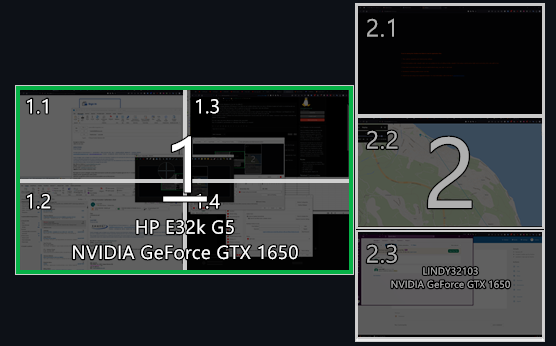this post was submitted on 23 Sep 2024
33 points (97.1% liked)
Linux
48343 readers
513 users here now
From Wikipedia, the free encyclopedia
Linux is a family of open source Unix-like operating systems based on the Linux kernel, an operating system kernel first released on September 17, 1991 by Linus Torvalds. Linux is typically packaged in a Linux distribution (or distro for short).
Distributions include the Linux kernel and supporting system software and libraries, many of which are provided by the GNU Project. Many Linux distributions use the word "Linux" in their name, but the Free Software Foundation uses the name GNU/Linux to emphasize the importance of GNU software, causing some controversy.
Rules
- Posts must be relevant to operating systems running the Linux kernel. GNU/Linux or otherwise.
- No misinformation
- No NSFW content
- No hate speech, bigotry, etc
Related Communities
Community icon by Alpár-Etele Méder, licensed under CC BY 3.0
founded 5 years ago
MODERATORS
you are viewing a single comment's thread
view the rest of the comments
view the rest of the comments

Not exactly like DisplayFusion, but virtual desktops have been a thing forever on Linux. There's a ton of options in that department. They don't work the same in each DE, so if it doesn't work in yours try another. I believe COSMIC supports this already, otherwise in the tiling department you might like Sway or Hyprland. KDE and Gnome are a bit weird with per-monitor virtual desktops, and KDE at least is working on it.
USB Passthrough: yes, either the device node itself or the entire controller via PCIe passthrough.
Premiere, I believe so but you will need GPU passthrough for that to work to any degree of smooth. GPU passthrough is super nice when it's all set up, worth the spend for a second GPU. Performance is near identical to native, it's really great. Been gaming in a VM for years... out of convenience.
Thanks!